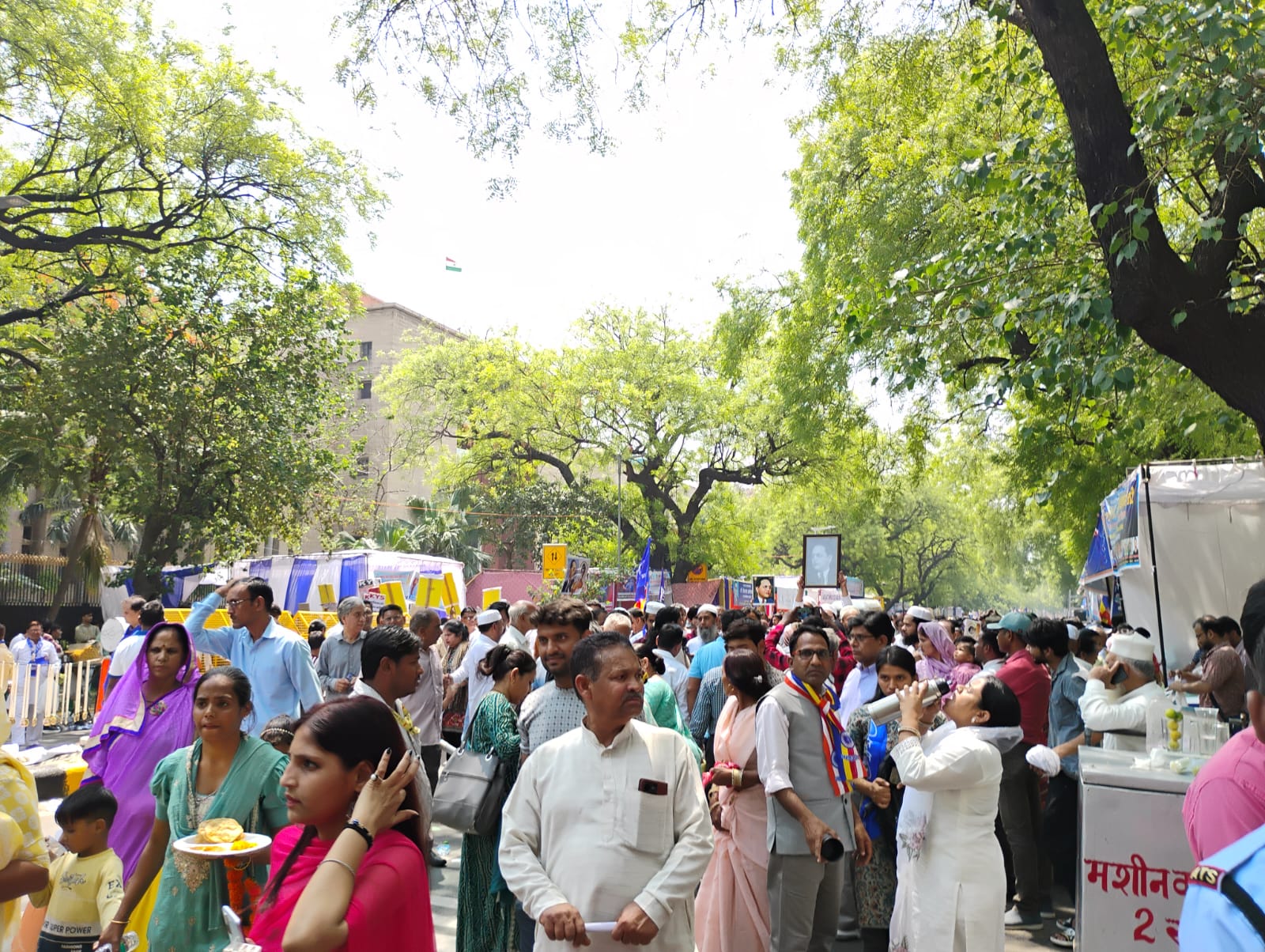“Dedicated to the good people of the United States as a token of admiration for their sublime, disinterested and self-sacrificing devotion in the cause of Negro Slavery; and with an earnest desire, that my countrymen may take their noble example as their guide in the emancipation of their Sudra Brethren from the trammels of Brahmin thraldom.” With these words of dedication in his radical work Gulamgiri (Slavery), Jotiba Phule, the great Shudra social revolutionary, reminds us of an unfinished task. This unfinished task has now become bigger by the erasure of the social category, Shudra, from discourse and by the systematization of “Brahmin thraldom” in post-independent India through brahmanical nationalism. The Shudra identity has had the capacity to destroy the brahmanical social order.
About The Author

Pallikonda Manikanta
Pallikonda Manikanta is a Phule-Ambedkarite scholar and activist from Telangana. He has worked with the Bahujan Students’ Front in Hyderabad Central University and Birsa Ambedkar Phule Students’ Association in JNU. He researches and publishes on anti-caste thought and politics, political economy of Hindu nationalism and political culture in Telangana. Most recently, he has contributed a chapter to the book ‘The Shudras: Vision for a New Path’, edited by Kancha Ilaiah Shepherd and Karthik Raja Karuppusamy. He is also the co-founder and a member of the faculty at Phule Ambedkar Centre for Philosophical and English Training (PACPET) in Tellapur, Hyderabad.




